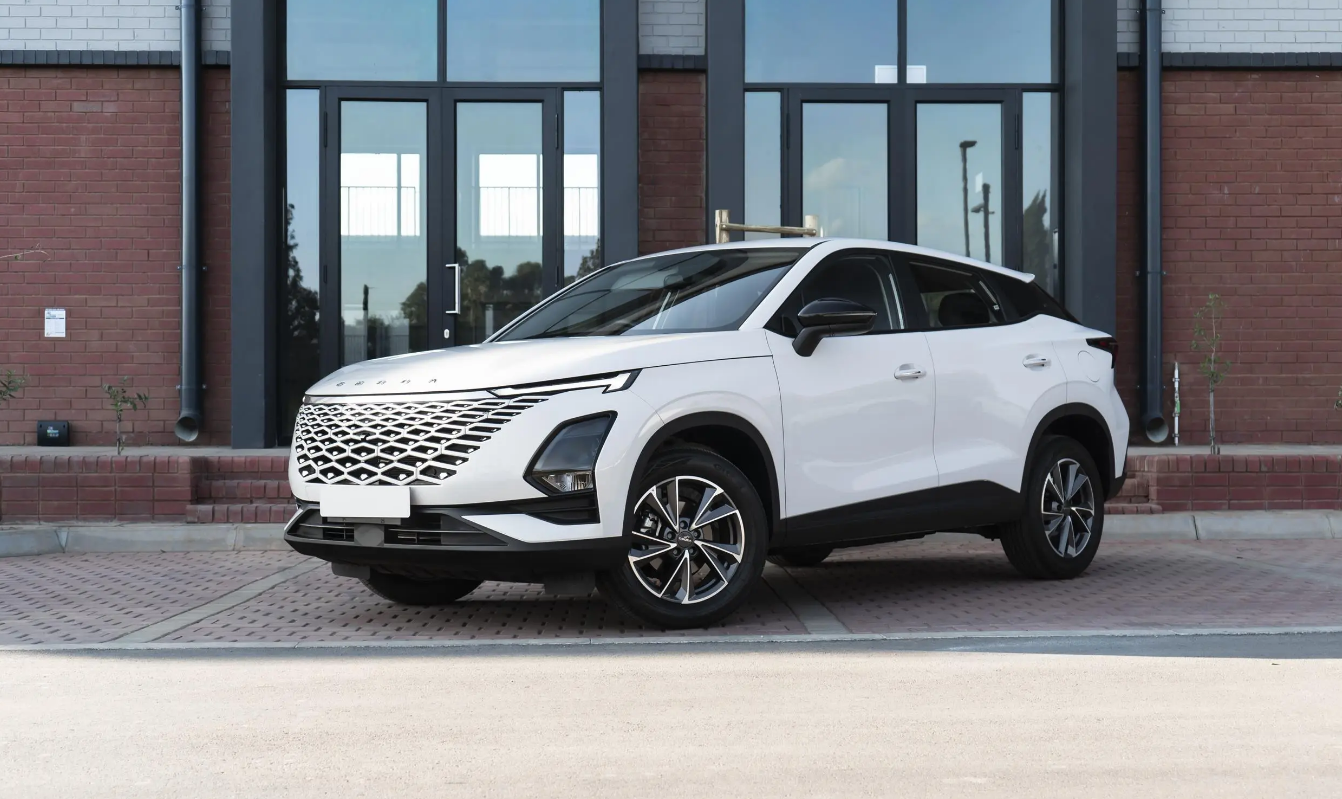By Aisha Zardad
Chinese automaker Chery is considering establishing a local vehicle assembly plant in South Africa, a move that could create jobs and strengthen the country’s automotive manufacturing sector. This comes as Chinese brands gain unprecedented traction in the South African market, signaling a major shift in consumer preferences.
Chery, which also owns sister brands Omoda and Jaecoo, is conducting feasibility studies to determine the best way to expand production locally while meeting growing demand.
Local Manufacturing Plans
The company is evaluating several options:
- Joint venture with an existing South African manufacturer
- Greenfield facility built from scratch
- Complete Knocked Down (CKD) operation using imported components
- Shared use of existing plants, potentially partnering with OEMs like Mercedes-Benz
Chery’s initial local production focus is expected to be the Tiggo 4 compact SUV, with plans to export to other African countries once operations ramp up.
Growth of Chinese Brands in SA
South Africa’s appetite for Chinese vehicles has surged in recent years. Chery’s local sales reflect this trend:
- 2022: 8,013 vehicles sold
- 2023: 16,110 vehicles sold (101% increase)
- 2024: 19,971 vehicles sold (24% growth YoY)
The Tiggo 4 Pro, Tiggo 8 Pro, Tiggo 7 Pro, and the Pro Max variants have contributed to this impressive growth, demonstrating that consumer perceptions of Chinese cars have evolved since the brand’s initial withdrawal in the 2000s.
Strategic Importance
Chery’s potential investment aligns with South Africa’s Automotive Masterplan 2021–2035, which aims to boost vehicle production from around 600,000 units annually to 1.4 million. By setting up local assembly, Chery could also:
- Bring in Chinese suppliers to meet local content requirements
- Strengthen export potential across Africa
- Contribute to South Africa’s position as the largest car producer on the continent
💡 Auto Lounge Take 💡
Chery’s plans reflect a growing confidence in the South African market and the increasing popularity of Chinese vehicles among local buyers.
If realized, the assembly plant could:
- Increase local employment
- Boost skills transfer and technology adoption
- Further establish Chinese automakers as serious contenders in the compact SUV and crossover segments
South African consumers can expect more choice, competitive pricing, and modern features, while the automotive industry could benefit from greater investment and diversification.






